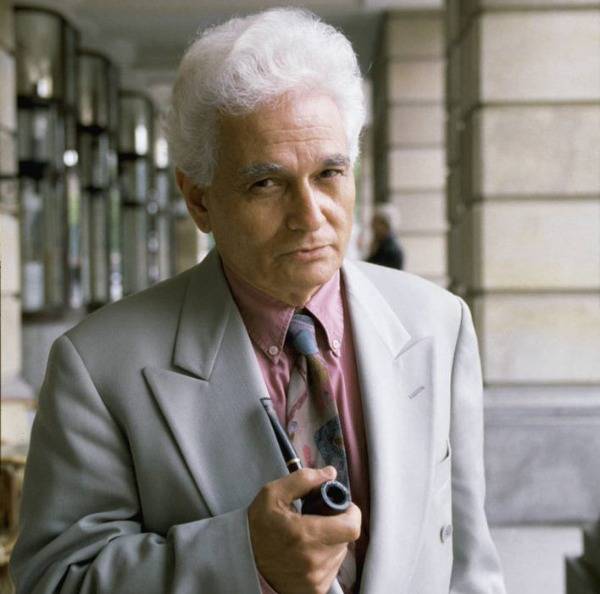
Anger and Forgiveness (Oxford University Press) by Martha C. Nussbaum
Martha Nussbaum is, she admits, “far from non-angry”. The Professor of Law and Ethics knows how it feels to have her nerves nudged a touch too far (woe betide the travelling man who presumptuously lifts her luggage). But anger is not, she insists, inevitable or integral to practising justice and respect. In this book, derived from her 2014 Locke Lectures at Oxford University, Nussbaum argues that anger, albeit sometimes “useful”, is neither a desirable place to dwell nor a noble foundation upon which to build a just society. Whilst many will know this intuitively, this book arms us with arguments for understanding why.
Through references ranging from the Eumenides to Everybody Loves Raymond, Nussbaum shows us that anger – containing the idea that “it would be a good thing if the wrongdoer suffered some bad consequences somehow” – is “normatively problematic”. Where an injured person takes the “the road of payback”, we are told, he mistakenly presumes that making the wrongdoer suffer may help restore what was damaged. And where he sees his injury in terms of relative status, seeking to pull the offender down to bring himself back “up”, he treads the repugnant (if effective) “road of status”. Nussbaum rejects both of these well-trodden paths as flawed.
The philosopher’s preferred path is one characterised by future-focused thinking, in which a “reasonable person” – or society – may well feel anger, but shifts swiftly from this to consider what can be done to increase “personal or social welfare”. Nussbaum calls this the “Transition”. Developing this, she observes that whilst anger – and dreams of payback – are often pit-stops preceding Transition, there are cases in which one is immediately there: “the entire content of one’s emotion is, ‘How outrageous! Something must be done about this.’” This emotion, “Transition-Anger… focuses on social welfare from the start”. It is clearly the road less travelled.
Processing Nussbaum’s words, one cannot help but recall the statement given by Brendan Cox the day his wife Jo Cox MP was killed this year. His public rejection of hate felt so sadly anomalous. Indeed, Nussbaum’s observation that the internet offers people the possibility of endlessly “searching for dishonor and insult, anxiously scanning the world for signs of their own ego and its up-ranking or down-ranking” feels also all too pertinent today, in a society swimming in rage, fed by social media.
With Nussbaum we walk through the areas of life in which anger rears its infantile head: the intimate personal realm, the “middle realm” populated by people to whom we’re not close, and the political realm of “everyday” and “revolutionary” justice. Nussbaum’s discussion of the latter is most striking. Observing that anger here is often presumed “noble and essential, helping the oppressed to assert themselves and pursue justice”, she argues, following Gandhi and King, that it gets in the way of the generosity and empathy needed for “a future of justice”. Revolutionaries, we learn, must be “strange sorts of people, part Stoic and part creatures of love”. Mandela is Nussbaum’s example.
It is in her discussion of revolutionary justice that Nussbaum’s sub-theme – forgiveness – really steps forth. Her concern is not that the notion is too “soft”. Rather, in its “canonical” form, she finds it disciplinary and debasing, rooted in a Judaeo-Christian worldview and its constructed relationship between God and penitent man. However, Nussbaum also finds more progressive alternatives within these same traditions. One of these – Nussbaum’s preference – is “unconditional love and generosity”. Her discussion of how this was practised by Mandela, whose life was testament to the power of non-anger against injustice, is a standout part of this book, which concludes with a call to “give peace a chance”. The reference may feel cringe-worthy, prompting the hand-on-brow response one has to a parent singing Lennon and Yoko. But we should question this conditioned reaction; when did peace and love become “soft” and shameful, whilst rage and retribution were rendered righteous? This book invites us to wonder.
Anger and Forgiveness is neither naïve nor out of touch; Nussbaum condemns Gandhi’s views on war, knows that accountability matters, says that we must sometimes look to the law and insists that “non-anger does not entail nonviolence”. As the century rages on, we clearly need reminding that anger is no good. Shame on us for accepting anger, and good on Nussbaum for calling us out.

